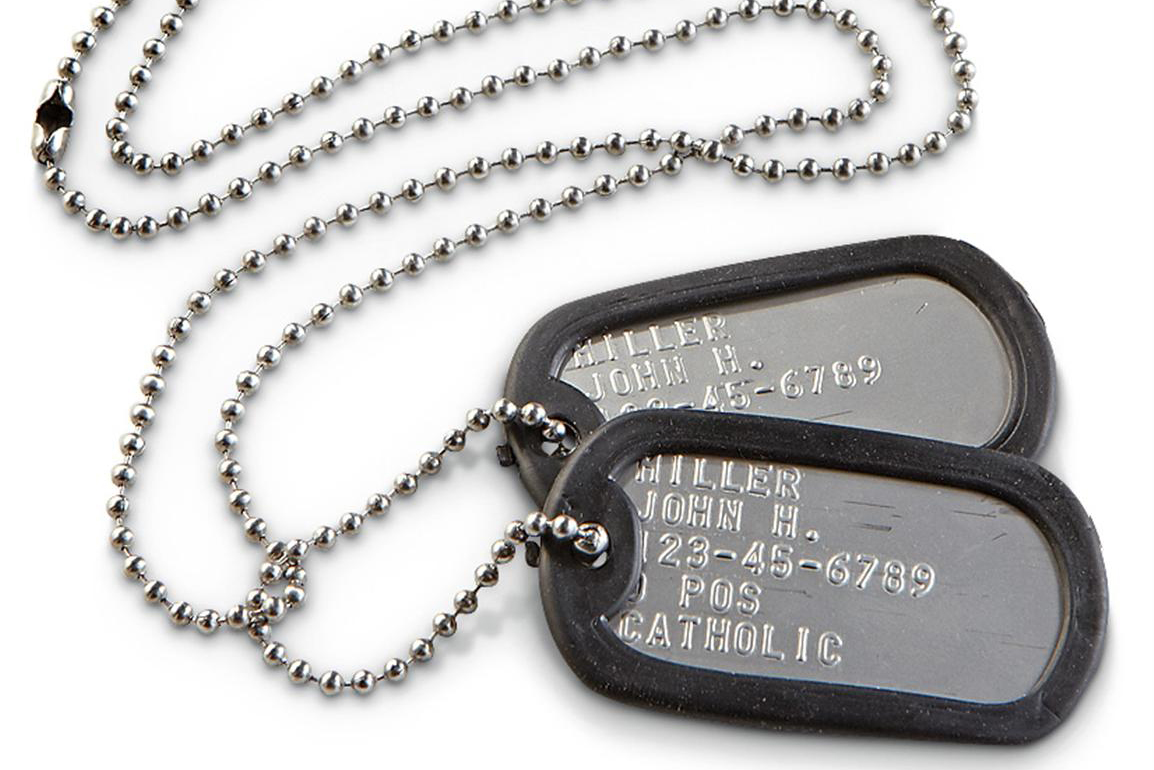“It’s impossible to appreciate the sacrifice soldiers make by simply watching a movie, but it does pay a great tribute to members of all the armed services,” Army cadet at the United States Military Academy at West Point and Metea Valley alumni, Elizabeth Petersen, said.
Such a sacrifice was made by the late Chris Kyle, played by Bradley Cooper in the biopic American Sniper, who was a part of the Navy SEAL Team Three. During his four tours in Iraq, Kyle became known as the most skilled and lethal sniper in history – killing more than 160 people.
“He wished they’d record how many lives saved as opposed to killed,” actor Bradley Cooper said about Chris Kyle in his Navy Times interview.
Clint Eastwood’s film follows the life of Kyle from youth to his deployment in Iraq, through every mission and every phone call to his wife at home.
Following his missions, Kyle began life at home, adjusting to the peace and calm of his Texas town rather than the horrifying reality of war. Though, his mental stability was threatened by extreme posttraumatic stress disorder or PTSD due to his services.
Other movies such as Fury and Unbroken show images of violent and tortuous warfare. Louis Zamperini, World War II prisoner of war survivor and Olympian, struggled with major symptoms of PTSD, such as alcoholism and isolation from friends and family, after returning home from Japan.
Every year, over 300,000 men and woman join the armed forces. With soldiers being actively deployed to Afghanistan and Iraq over the past thirteen years, over 20% of those courageous Americans have suffered symptoms of Post-traumatic stress disorder.
PTSD has become more of a culturally relevant topic, portrayed in movies and media as a condition in which horrifying experiences are relived through images and dreams. Those who have been emotionally scarred by their experiences with combat and warfare then react as though they are still in a specific moment.
“You see a lot of severely wounded soldiers, these traumatic wounds that you know they’re never going to recover from. They’ll be in such a different status after recovery than they were before war, physically and mentally,” Lieutenant Colonel, Lisa D. DeDecker, said on her experiences with PTSD, witnessing it first hand in the United States Air Force.
The media has been shining a light on war and the effects it causes on not only the nation, but the people fighting for our freedom. Is this a wakeup call to the public… or the military itself? We ask this question as over 18% of all U.S. Military troops commit suicide due to post-traumatic stress and other issues from their service.
“The hardest (thing) to heal is the mental aspect, because most of the time (the soldiers will) deny the fact that they need help… Movies like American Sniper shine a light on the effects after war, which is very beneficial,” Master Sergeant Michael D. Reimer (U.S. Air Force), said.
Its important kids understand the effects and reality of warfare, as most of the newly deployed soldiers are between the ages of 18 and 30. Games like Call of Duty and Battlefield glorify what is considered “hell on earth” to some of those who have served for our country.
“In a game you shrug (the warfare) off, duck down for a minute, then run back out. In real life, if you aren’t actually dead, you could be incapacitated, or even crippled,” Sophomore Mark Goulding said, regarding the differences between games and actual combat.
Though serving for the country has many casualties, it is a massive honor to serve and protect. Millions of high school students graduate and go straight into military training where they offer financial support and opportunities to explore in many different career choices.
“Knowing that I have the ability to protect my loved ones, complete strangers, and the American values we share is very rewarding,” Elizabeth Petersen said.
By Megan Arnold






